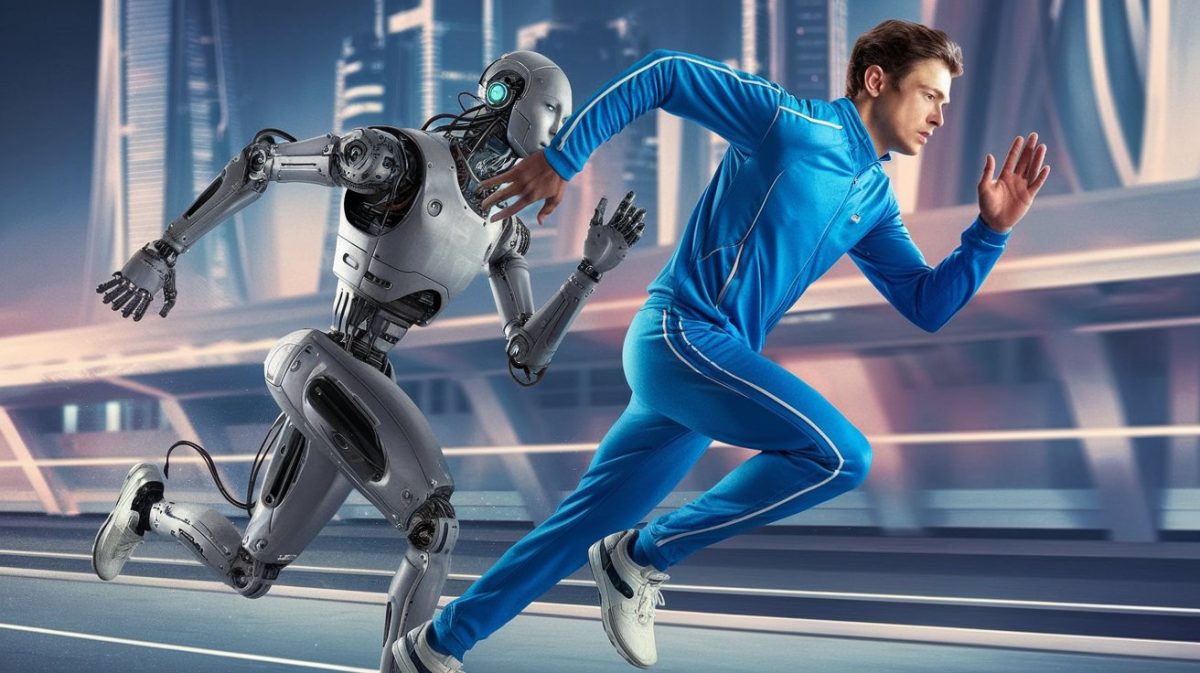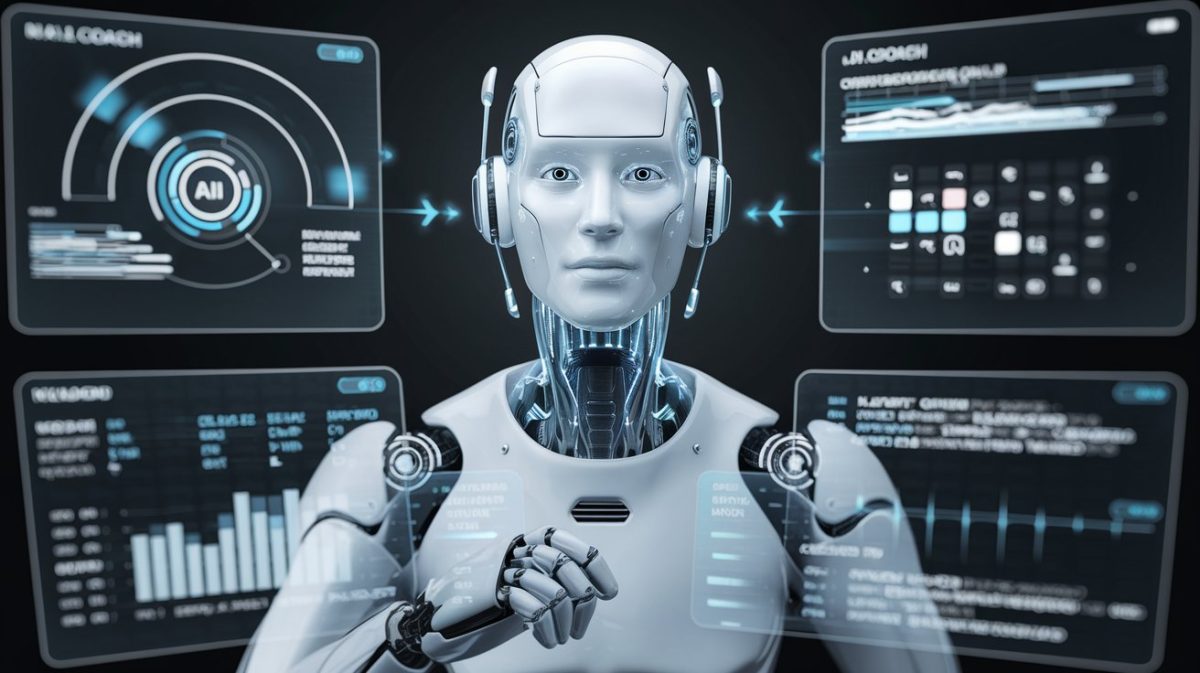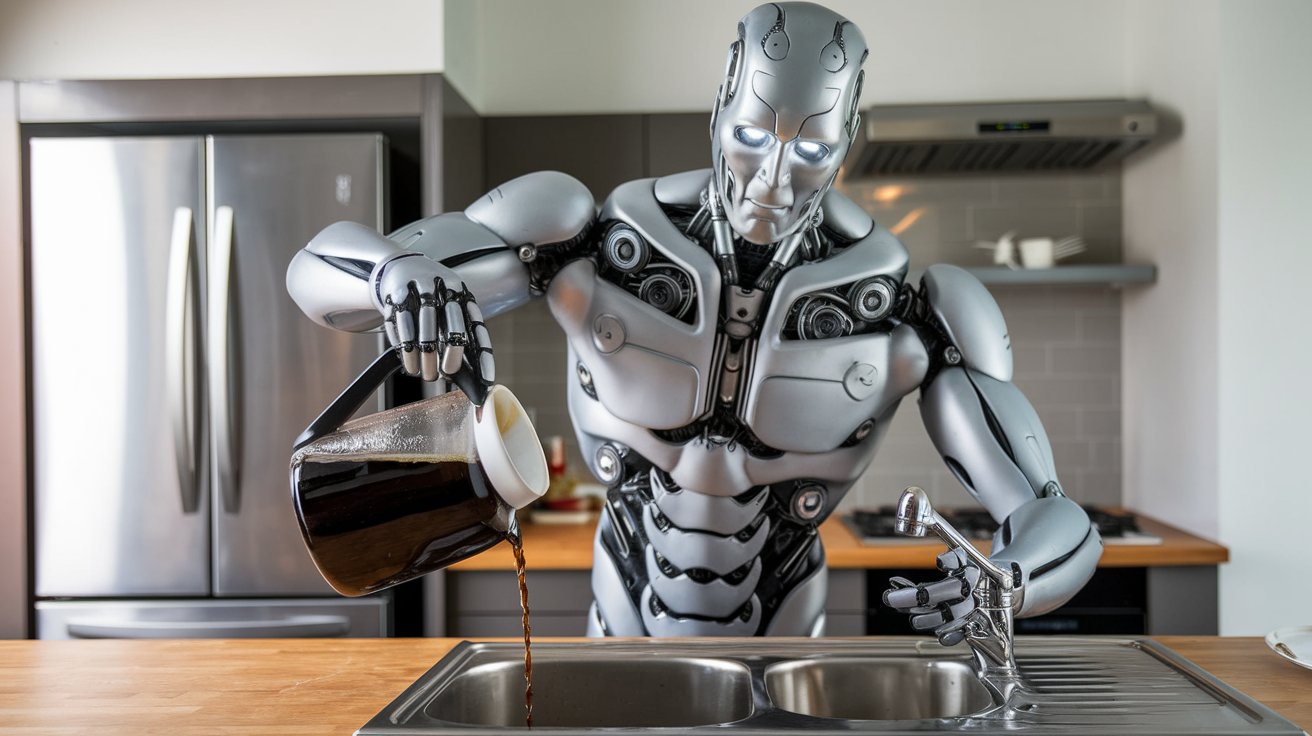When the world of coaching is constantly being refined and updated, where can you find boundless energy and unwavering enthusiasm? The answer is not in the human coach, who is limited by biological realities such as fatigue – it’s in the AI coach, who never sleeps, never gets tired, and never burns out. When it comes to human coaching, burnout is a limiting factor.
The Ever-Awake Power of AI Coaches
Moreover, they’re always available, like the Dr. FeelGood App, another AI coach. What would it be like to have a coach who’s never punching out at the end of the day? The AI will never have a bad day. Whatever time of night the muse strikes or your motivation ebbs, your coach is there. In contrast, human coaches can have bad days. An AI coach can’t feel that way.
One key reason AI coaches don’t get tired is that they don’t need to sleep. This means an AI coach would never show a decline in alertness, judgment, or communication skills (all of which can happen to a human coach who has been coaching for a while). AI would also be the best at developing progressive coaching strategies.
Always in a Resourceful State
Intellectual and emotional exhaustion is often a productivity killer that never gets scored on the traditional coaching scales – but it’s crucial to the coaching process. AI coaches sidestep it altogether. The emotional weights that drag on humans don’t touch Dr. FeelGood, and stress-related psychological issues don’t steer it off course in the way they could sideline a human coach. Because of this, they can offer unending, ultimately motivational support designed specifically for the user’s needs, without the usual outside (or inside) distractions one could anticipate for a human coach.
This makes it robustly capable of participating in coaching conversations without the risk of human moodiness or energy dips messing with the flow.

The Benefit for Humans: Consistent Support without the Burnout
Human coach burnout can also negatively affect their coachees by injecting uncertainty into the learning process. If the human coach feels unmotivated at any stage of the coaching process, they might subconsciously exhibit behaviours that communicate disengagement to their coachee, which may lower the coachee’s motivation. Since AI coaches never lose motivation, never feel ‘burnt out’, and their pleasant and encouraging questions are consistently generated, a coaching relationship with AI can never become less than perpetually supportive.
Its ‘tireless’ information processing not only enables AI to provide unlimited resource and solutions at any moment, but also to provide them based on the latest data, given the prospect of more ‘impact’ for the coachee. AI becomes the pathway to an ‘endless’ reservoir of motivation that the coach doesn’t have to worry about running out.
Cliffhangers in the AI Coaching Journey
The very structure of the AI coach also benefits from the use of seductive hook-like techniques, for instance ones similar to the cliffhanger found in a TV series or film. As an AI coach continually tracks interactions and evolves its coach’s goals on the fly, it builds in an element of suspense and anticipation, crucial vehicles for motivation.

Whereas with the Dr. FeelGood App, for example, participants are asked not just to reflect on their goals at the beginning, but are posed the motivation puzzle repeatedly and refreshed. In addition to offering motivation anew, this keeps users ‘tied’ to the endpoint of the journey.
Honoring the Nonfiction Contract with AI
And while AI coaching might have its roots in mechanics, it guarantees accuracy by delivering advice and analysis of user interaction that are free from exaggeration or bias that might otherwise creep in due to human error or emotional turmoil. Algorithms applied to real data generated by the user are non-judgmental but factual.
Maintaining this kind of analytic detachment, then, allows AI life coaches like Dr. FeelGood to promise they’ll provide just the right help at the right time, balancing the ‘best of both worlds’ of heartless data and squishy empathy.
In short, AI coaches offer a relentless, enduring companion for motivation. With tireless support, state-of-the-art technology and advanced narrative techniques, they are the future of sustainable motivation.
Dr. FeelGood’s perpetual presence and enduring resilience signal the potentials of AI in transforming how we think of coaching in the age of cyborgification. After all, shouldn’t we want to move down the path of sustainable self-improvement and motivation without burnout? For better or worse, coaching’s future is dependable, but it will forever be inspired.

